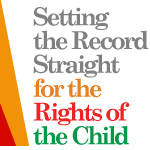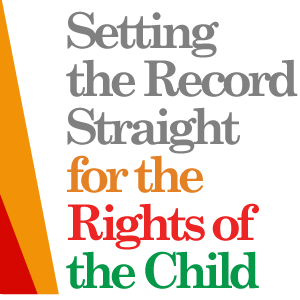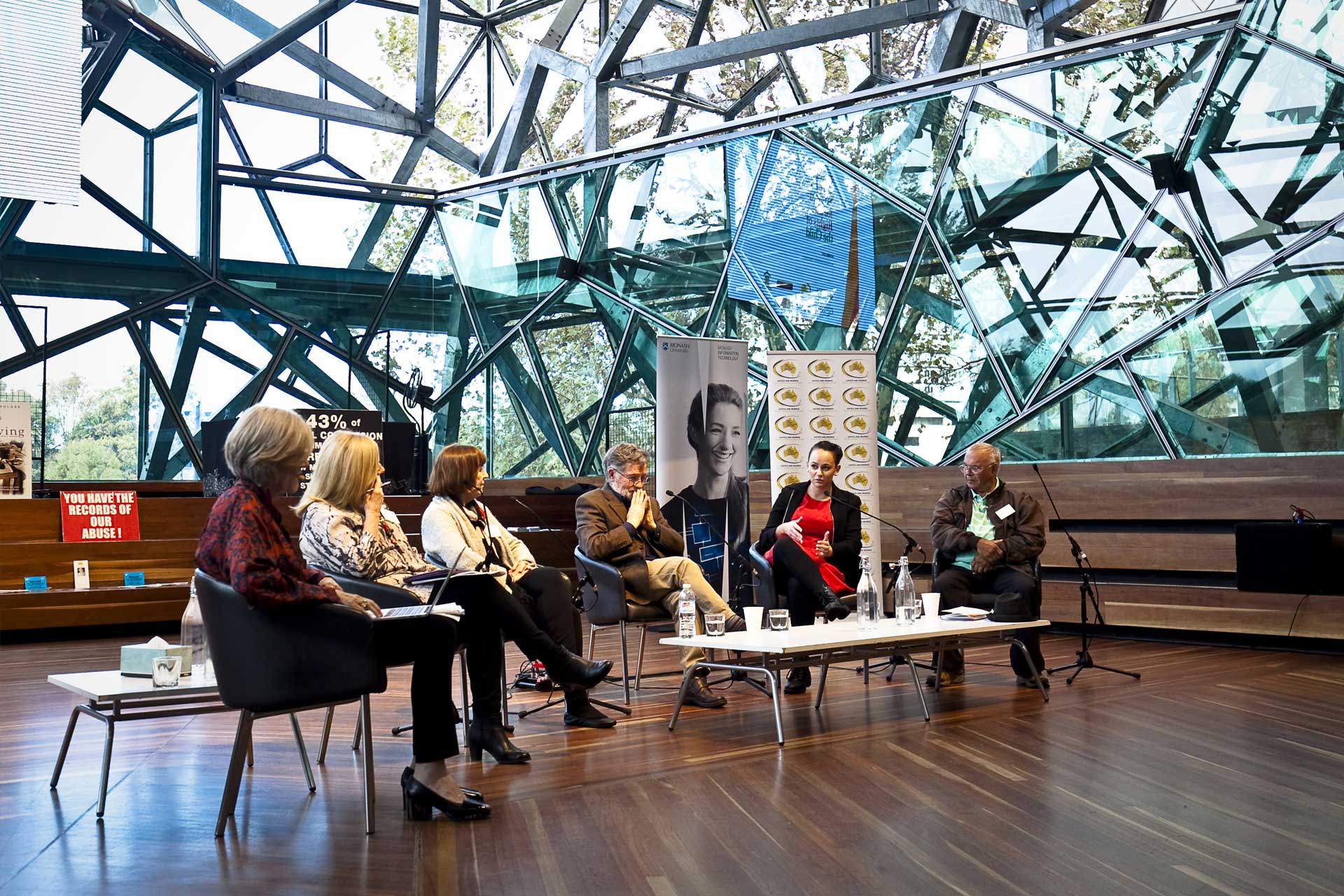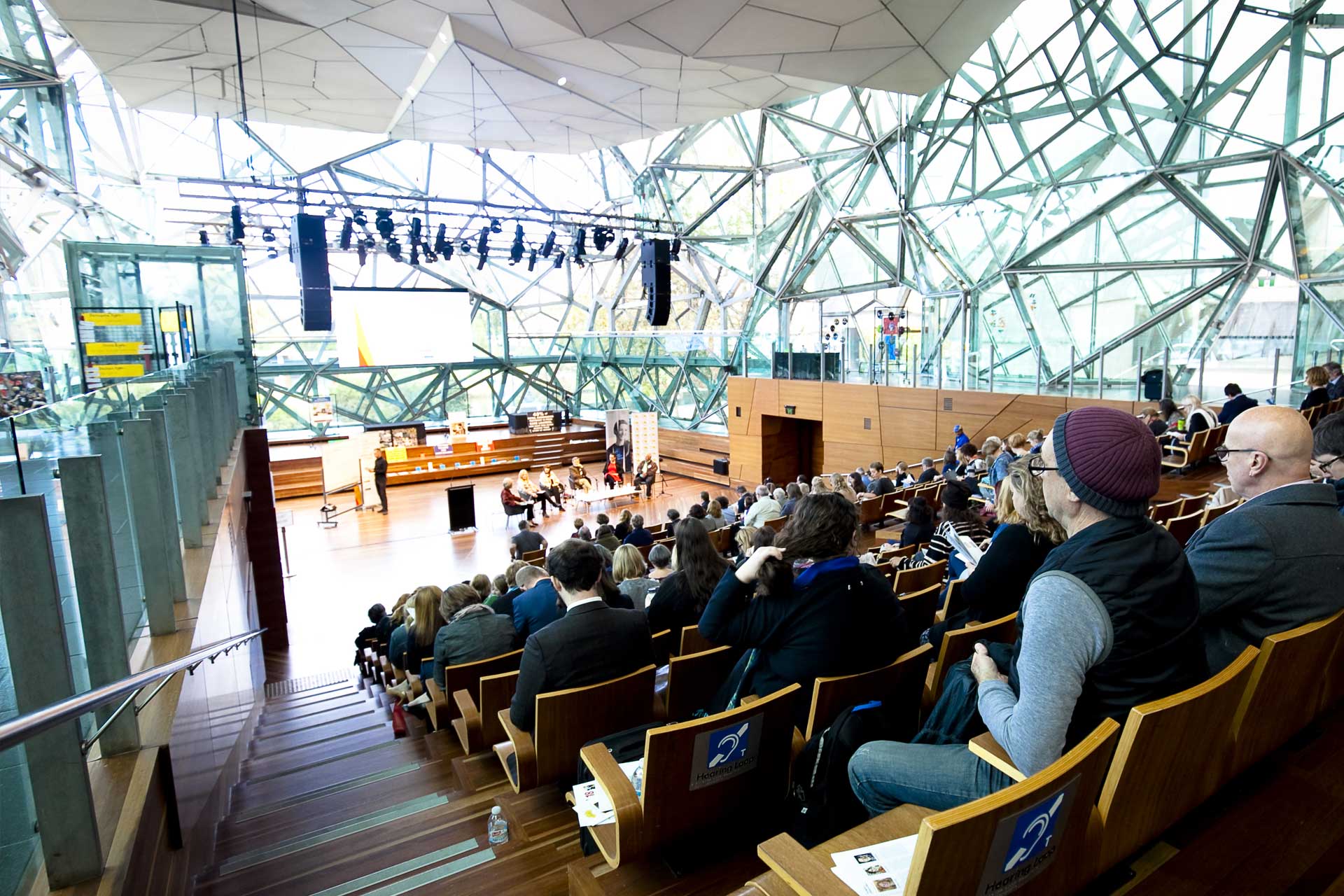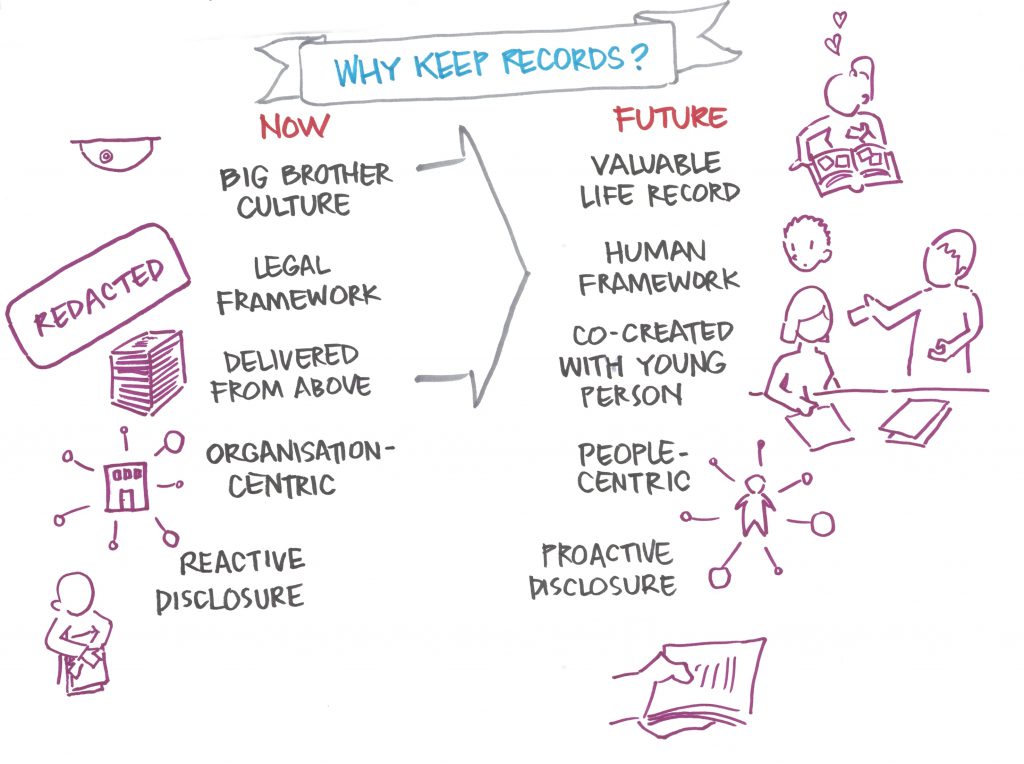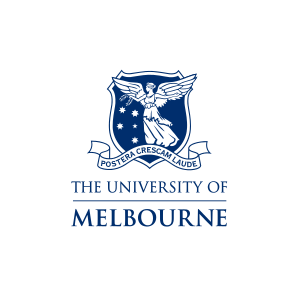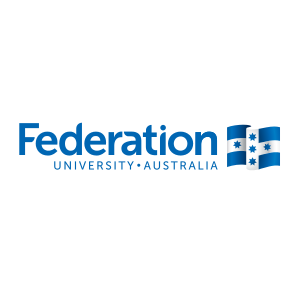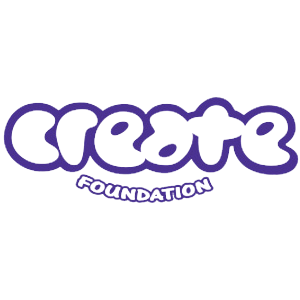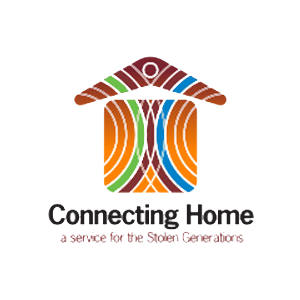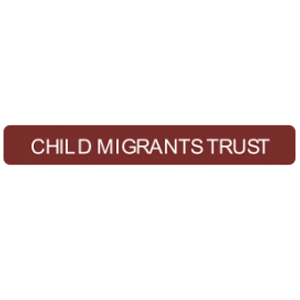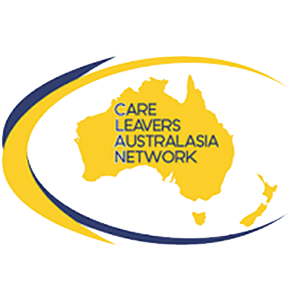At the National Summit in May 2017, we heard about the scope, size, scale and complex nature of the recordkeeping and archiving issues for childhood out of home care.
Systemic problems require systemic change. We know much about the problems with existing systems, but need to learn more about potential solutions.
Transforming recordkeeping and archiving around multiple rights in records requires a bold, transdisciplinary research and development agenda that:
- embraces the multiple community and disciplinary stakeholders of the child protection sector,
- works in concert with the action and advocacy agenda, and
- leads the development of a National Framework for Childhood Out of Home Care.
Recordkeeping and the Rights of the Child Research Program
The Recordkeeping and the Rights of the Child Research Program aims to bring researchers across a range of disciplines together with community and practice advocates to re-imagine recordkeeping and archiving systems in support of responsive and accountable child-centred out-of-home care and as enablers of historical justice and reconciliation.
Real-time Rights-based Recordkeeping Governance for Childhood Out-of-Home Care - ARC Discovery Project 2020-24
Real-time Rights-based Recordkeeping Governance is an Australian Research Council Discovery Project bringing together an international interdisciplinary research team to develop a blueprint of dynamic, digitally enabled, real-time, rights based recordkeeping governance framework. The project aims to:
- develop participatory information governance as a new theoretical foundation for the regulation and systemisation of multiple rights in recordkeeping for childhood out-of-home Care,
- explore how records co-creation can be conceptualised in child protection and information law and overseen dynamically in a child-centred and rights-based advocacy and regulatory framework,
- articulate the audit and oversight responsibilities of an independent recordkeeping and rights of the child advocate, and
- digitally model the recordkeeping informatics of its macro and micro functions, incorporating the analytics required to ensure the effective and efficient monitoring of recordkeeping rights for children, young people and adults with Care experiences.
Rights in Records by Design - ARC Discovery Project 2017-21
Rights in Records by Design is an Australian Research Council funded Discovery Project exploring the design of systems to support the recordkeeping rights of people who experience out-of-home Care. It brings together archival and recordkeeping, social work and early childhood education researchers at Monash University with colleagues in history at Federation University Australia to take up the challenge of re-imagining recordkeeping and archival systems in support of responsive and accountable child-centred out-of-home care and as an enabler of historical justice and reconciliation. Through a series of co-design workshops and related research activities it aims to develop a conceptual reference model of an independent Lifelong Living Archive as a safe keeping place for records of childhood out-of-home care, along with the networked recordkeeping infrastructure in which it would be embedded.
Connecting the Disconnected - ARC Future Fellowship 2015-18
Joanne Evans through this ARC Future Fellowship is exploring the development of a participatory design methodology to overcome the myriad of disconnects in existing archival and recordkeeping frameworks, processes and systems. The aim is to explore how digital and networking capabilities, rich recordkeeping metadata, and the expertise of impacted communities can be harnessed to develop systems configured around community information, self-knowledge and memory needs and contribute to transformative changes in archival access and other recordkeeping services.
Imagined Archive Project – Monash Faculty of IT 2017
The Imagined Archive Project aims to co-research and co-create with Care Leaver advocates, a pop up exhibition to promote conversations about the identity, memory and accountability needs for childhood out-of-home care. The pop up exhibition will be a feature of the Setting the Record Straight: For the Rights of the Child Summit in May 2017, and will be used to initiate and develop conversations around systemic transformations at the event and as part of the campaign for change that is part of the associated ongoing Setting the Record Straight: For the Rights of the Child Initiative. Its impact will be evaluated through a series of encounter workshops to explore across community, professional and other stakeholder groupings how it might aid in creating and progressing transformation agendas.
PhD Research Projects
Transforming archival systems design for interoperability (Greg Rolan, 2014-2017)
This research project investigated the design of participatory recordkeeping systems for equitable access to records by everyone concerned. The aim of this project was to re-imagine the design of recordkeeping systems away from institutional silos of organisational records, towards infrastructure for digital equality. The transformative design was expressed though new functional and conceptual models, and realised as a proof-of-concept networked participatory recordkeeping system. With the capability to interconnect recordkeeping systems and enable appropriate access to records by all stakeholders, record-holding organisations will be able to meet their ethical and legal responsibilities to the community.
Other Research Projects
Records and Rights of the Child - University of Melbourne Engagement Grant 2016
In September 2016, the eScholarship Resource Centre at the University of Melbourne, supported by a Melbourne Engagement Grant, conducted a series of focus discussions on the topic Records and Rights of the Child as a lead up to the 2017 National Summit. Findings from the project include a set of principles for inclusive recordkeeping.
Who Am I? - ARC Linkage 2008-2012
The Who am I? Project investigated the role played by archiving and recordkeeping practices in the construction of identity for people who experienced out of home ‘care’ as children (including members of the Stolen Generations and Forgotten Australians). Inspired by the recommendations from the 2004 Forgotten Australians’ Report , the interdisciplinary research team explored issues of creating, storing and accessing records using tools from the fields of social work, history and archival studies. A key outcome was the Pathways web resource which lead to the development of the Find and Connect Web Resource as part of the suite of services and projects funded by the federal government following from the 2009 apology to Forgotten Australians and Former Child Migrants.
Trust and Technology - ARC Linkage 2004-2008
The Trust and Technology Project developed from the desire to build trust and understanding between the archives community and Koorie communities. It was based on a recognition that Koorie communities rely on sources of knowledge and methods of transmission that differ greatly from the knowledge frameworks of the wider community. The project’s goal was to understand the implications for archives of this fundamental difference in knowledge systems, and to enable the development of alternative systems and services which reflect the priorities of Koorie communities. Key outcomes include a Statement of Principles relating to Australian Indigenous Knowledge and the Archives and an Exposure Draft Position Statement: Human Rights, Indigenous Communities in Australia and the Archives.
